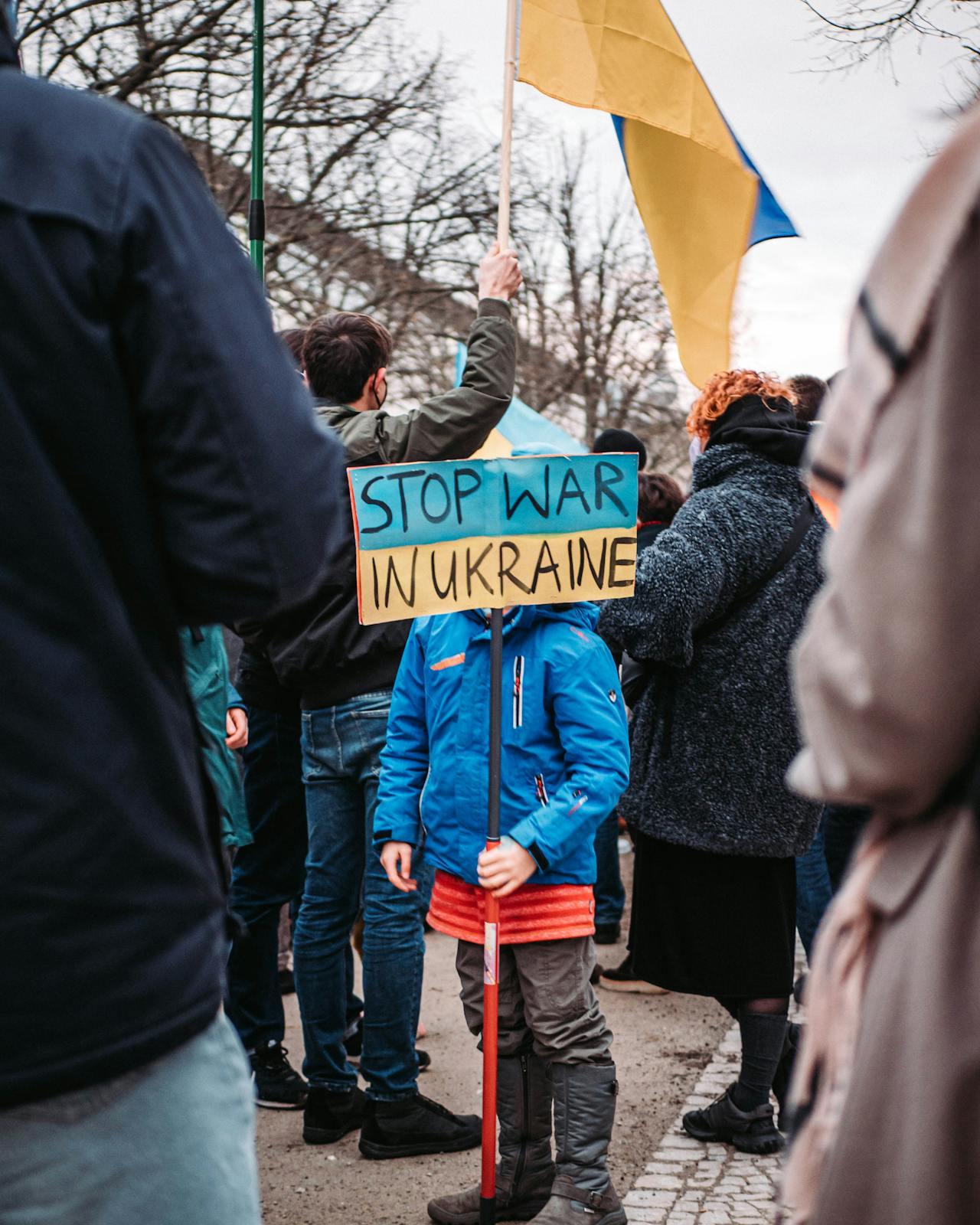
Tensions ran high at the recent ASEAN meeting in Kuala Lumpur, where US and Russian diplomats met again to discuss the Ukraine war. In a rare face-to-face exchange, US Secretary of State Marco Rubio and Russian Foreign Minister Sergey Lavrov spoke for the second time in two days, highlighting how urgent — and complicated — the global situation has become.
Their first meeting lasted nearly an hour. While Friday’s follow-up was shorter, it carried weight. Rubio hinted at a “new and different approach” to peace — not a sure fix, he said, but an idea worth taking back to President Trump.
Lavrov, on the other hand, reaffirmed Russia’s position. Speaking to the press, he mentioned that the plan aligns with President Putin’s views, shared in an earlier call with Trump. Russia’s foreign ministry described the talks as “frank and substantive,” showing just how serious both sides were — even if they’re still far apart.
Beyond Ukraine, the two discussed global flashpoints like Iran, Syria, and broader geopolitical shifts. For many, this moment — two powerful adversaries talking openly at a global summit — felt both necessary and rare.
The ASEAN meeting itself brought together world leaders from Asia, Europe, and beyond, all under one roof. Among them was China’s Foreign Minister Wang Yi, who also met with Rubio. Their conversation was “very constructive,” Rubio said, even though the US and China continue to disagree on many issues.
Still, the mood wasn’t just about diplomacy — it was also about tension. Trade disputes, especially between the US and China, cast a long shadow. With new US tariffs on the way, targeting even ASEAN countries, plus Japan and South Korea. Many leaders are worried about what comes next.
ASEAN foreign ministers released a joint statement stressing the need for a fair, predictable, and inclusive global trade system. “We reaffirmed our commitment to work constructively with all partners,” they said, clearly hoping that diplomacy wins over division.
As the global summit moves forward, there’s no denying the stakes. The Ukraine war, US-China rivalries, and economic friction are reshaping global alliances. But for a few moments in Malaysia, world leaders met not to fight, but to talk.
And in today’s world, that’s a start.








